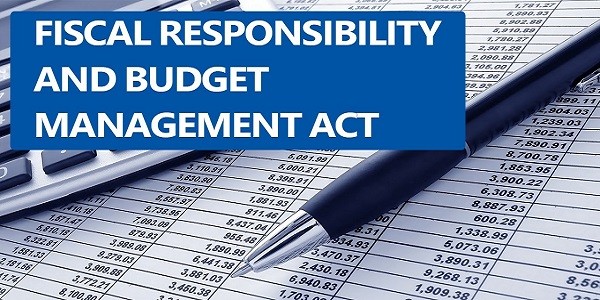What’s in the Fiscal Responsibility Act?
President Biden has officially approved the new Fiscal Responsibility Act (FRA), a significant agreement he crafted with House Speaker Kevin McCarthy. This act temporarily lifts the nation’s borrowing limit until 2025, which is past the next presidential race, without actually increasing it.
The FRA introduces a mix of changes, particularly in domestic spending, but doesn’t include the extensive cuts the Republicans proposed earlier in 2023. Important to note, programs like Social Security and Medicare remain untouched. The Congressional Budget Office estimates that this law will help decrease the national deficit by roughly $1.5 trillion over the next decade.
Key Elements of the FRA
Here’s what’s in the new law:
IRS Budget Adjustment: The Inflation Reduction Act from 2022 gave the IRS an extra $80 billion, mainly for cracking down on tax evasion by the wealthy. The FRA scales this back by $1.39 billion immediately, with a further reduction of about $10 billion for the next two years. The White House, however, hints that this trim might not slow down the IRS much due to their multi-year spending plan. They could simply use the funds sooner and ask Congress for more money later on.
Spending Caps: A hot topic during talks was funding for various non-defense areas like scientific research and environmental protection. The outcome? A near standstill in spending, with a slight $1 billion reduction in 2024 and a nominal 1% increase in 2025, which is less than the expected inflation rate. The final numbers are $704 billion for 2024 and $711 billion for 2025.
Defence and Veterans Funding: The FRA sticks to Biden’s proposed budget for military and veterans, with adjustments for inflation, leading to a bump up to $886 billion in 2024 and $895 billion in 2025.
Student Loans: The pause on student loan repayments due to the pandemic will end this summer, and Biden’s plan to forgive a chunk of student debt isn’t included in the FRA (though the Supreme Court is reviewing it separately).
Work Requirements: The FRA introduces new work requirements for certain beneficiaries of SNAP (food assistance) and TANF (temporary financial aid), with a gradual rise in the working age cap from 49 to 54 over three years. There are exemptions for specific groups, and the CBO thinks these changes might lead to more people getting assistance.
COVID-19 Fund Reclaiming: The FRA aims to reclaim much of the unspent COVID-19 relief funds, estimated between $30 billion and $70 billion, but will keep some for vaccines.
Energy Project Permits: To streamline new energy projects, including those for fossil fuels, the FRA will simplify the permit approval process.
What’s Next?
Expect more bills in the near future that could tweak some of these spending cuts as both parties work out “agreed-upon adjustments.”


